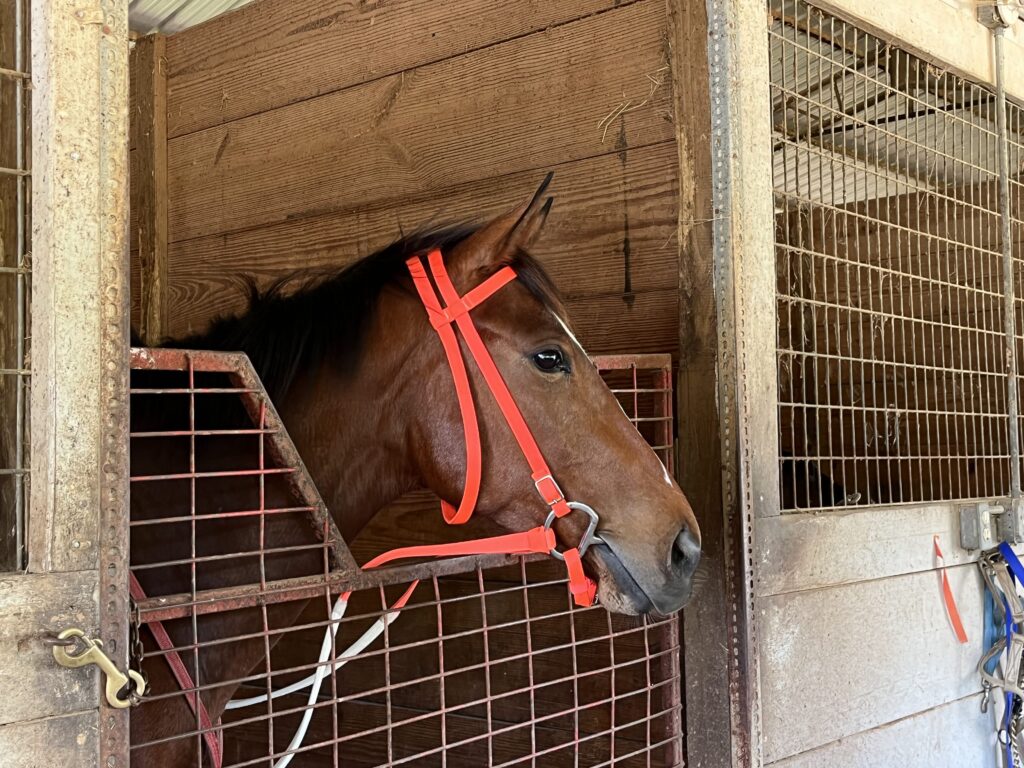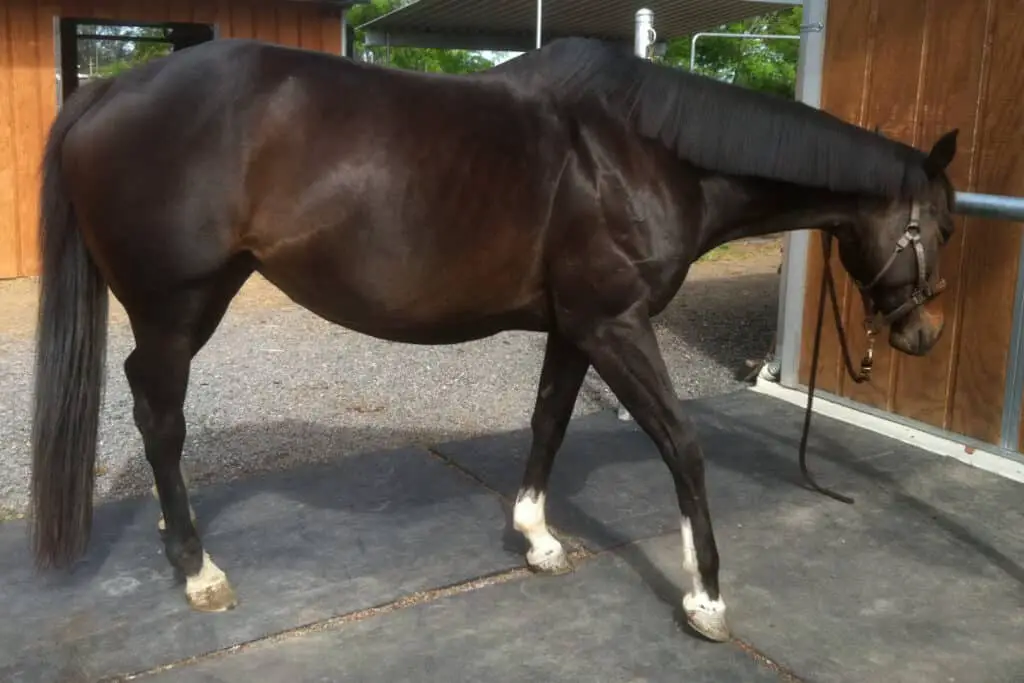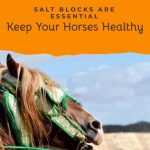Are you wondering why do horses paw the ground? Horses paw the ground as a sign of discomfort, boredom and frustration. It is an instinctive behavior that horses display when they are feeling anxious or agitated and can’t find an outlet for their emotions. Horses may also paw in order to release tension that has built up from being confined, such as in a stall or arena.
The behavior is sometimes associated with impatience and excitement, but it may also be used to express discomfort due to pain or illness. Pacing can be another symptom of distress, so it’s important to observe your horse’s body language carefully for signs of stress and address any underlying issues if necessary.
Horses are known for their behavior of pawing at the ground, but why do horses do this? It is believed that horses paw the ground to show their excitement and energy. Some experts even believe that it is a sign of dominance or aggression when competing with other horses.
In addition, some horses will paw to release tension and anxiety as well as to scratch an itch on their body. Pawing can also be used to create holes in the ground where they can rest comfortably after a hard day’s work or just simply relax and cool off from being out in the sun.
Why Do Horses Paw at the Ground When They Eat
When horses paw at the ground while eating, it is usually a sign that they are feeling uncomfortable or anxious. This behavior may be triggered by environmental factors such as loud noises, new people, or unfamiliar surroundings. Additionally, some horses may paw to get rid of an irritating fly or other insect.
If your horse begins to consistently exhibit this behavior during meal times, you should look for signs of distress and take steps to make them feel more comfortable in their environment.

What Does Horse Pawing the Ground Mean?
Pawing the ground is a common behavior among horses, though it can mean different things in different contexts. When a horse paws the ground, he or she is using their front hooves to dig into the soil or grass and then throw it up with their hind legs. This behavior often signifies that the horse is frustrated or anxious.
It could be due to physical discomfort such as an itch they are trying to scratch, or emotional distress caused by fear of something in its environment. Pawing can also be used as a sign of aggression when they feel threatened by another animal or person, and sometimes will even paw at fences if they want to escape from an area. In more positive circumstances, however, pawing may just indicate playfulness; some horses like to kick up dirt for fun!
Whatever the cause may be for your horse’s pawing behavior, it should always be addressed appropriately since it can become dangerous if left unchecked.
What Does It Mean When a Horse Paws the Ground With One Hoof?
When a horse paws the ground with one hoof, it is usually an indication that they are feeling agitated or restless. This behavior can be seen as a way for horses to express their frustration or displeasure and can be triggered by anything from their environment to the rider’s body language. It is important to recognize this behavior in order to help calm your horse down and make sure that you remain safe while riding.
Horses will often paw the ground when they feel uncomfortable, such as when being asked to do something new or difficult, so it is essential for riders to take note of this sign in order to understand what might be causing them distress. Other signs of agitation may include head shaking, kicking out at objects, pacing back and forth, rearing up on hind legs. Taking the time observe these behaviors will allow riders better understanding of their horses needs which can ultimately lead more successful training sessions and safer rides overall.
Why Do Horses Paw the Ground When Tied Up?
When horses are tied up, it is not uncommon for them to paw the ground. This behavior can be a sign of frustration or nervousness in some cases, but there are also more practical reasons why horses might do this when restrained. Most commonly, they are simply trying to make their own space comfortable by digging out dirt and rocks from under their hooves that may cause discomfort while standing still for extended periods of time.
Additionally, when left with nothing else to do and unable to move around freely as they would normally like to do, they may paw at the ground out of boredom. Horses have been known to develop bad habits such as cribbing (biting on objects) if not given enough stimulation throughout the day which could explain why some resort to this type of behavior when tied up for too long. Ultimately, understanding your horse’s individual needs will help you identify any potential underlying causes and how best you can provide comfort and enrichment activities so that excessive pawed behaviors don’t become an issue over time.
How Do I Stop My Horse from Pawing the Ground?
If your horse is pawing the ground, it’s important to address this unwanted behavior. The first thing you should do is determine why they’re doing it – lack of exercise, boredom or anxiety are common causes that can be addressed with a few simple fixes. Start by making sure your horse is getting enough daily exercise and mental stimulation, such as riding lessons or turn-out time in the pasture.
If your horse seems particularly anxious, try using relaxation techniques like long strokes on their neck and shoulders to help them release built up tension. Lastly, make sure you’re consistently reinforcing desired behaviors with treats or verbal praise when they stop pawing the ground so that they know what’s expected from them. With consistent training and an understanding of why they may be engaging in this behavior in the first place, you can successfully teach your horse to stop pawing the ground!
Why Horses Paw… and How to Stop It
Conclusion
In conclusion, understanding the reasons why horses paw the ground is an important part of being a responsible horse owner. Knowing that certain behaviors are normal can help to ensure the safety of both you and your horse. A better understanding of their behavior can also make it easier for owners to identify underlying issues or health problems that may be causing your horse to paw excessively.
With patience and observation, we can all work together to keep our equine friends healthy and safe.
Janet G Kulick is an experienced horse rider, trainer, and owner of the informative horse blog, Horseray.com. Her engaging writing style and wealth of knowledge on horse care, riding, and training make her a trusted source for horse enthusiasts worldwide.






